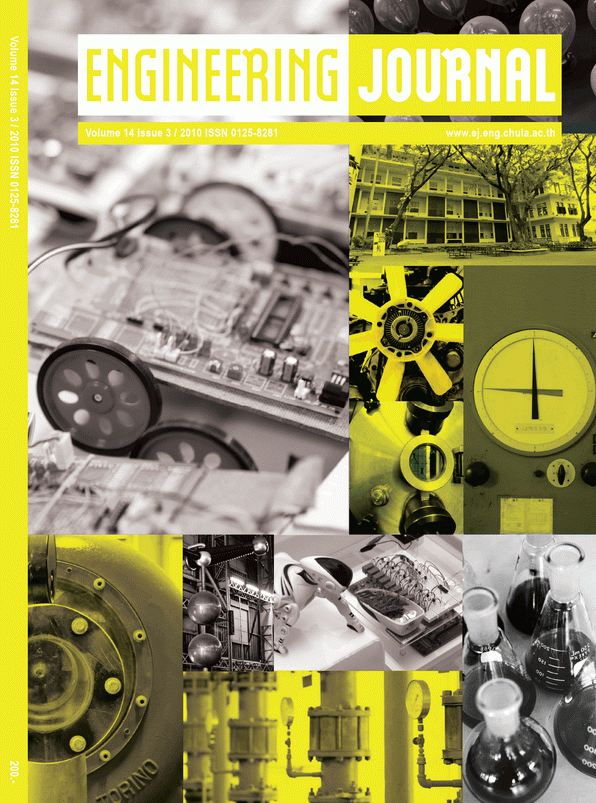A Study on Fuel Options for Power Generation in Thailand
DOI:
https://doi.org/10.4186/ej.2010.14.3.35Keywords:
Power generation, generation cost, GHG mitigation, scenario.Abstract
This study focuses on the impact of utilizing gas, coal and nuclear for longterm power generation on generation cost, emission and resource availability. A scenario-based energy accounting model has been applied for creating long-term future scenarios. A baseline scenario has been created on the basis of the existing power development plan (PDP). Three alternative scenarios of coal, nuclear and gas options have been projected for the period beyond the PDP, i.e. 2022-2030. The results indicate that nuclear has high potential for GHG mitigation and cost reduction. For coal option, the benefit of cost reduction would be diminished at carbon price above 40 USD/ton. However, clean technology development as well as the momentum of global trend will be the key factor for coal utilization. The results also show the need of fuel diversification in term of the natural gas reserve depletion. It is clearly seen that natural gas supply in Thailand would inevitably depends very much on the LNG import in long-term. Hence, attraction of natural gas in term of cheap domestic resource utilization will be vanished.
Downloads
Downloads

Authors who publish with Engineering Journal agree to transfer all copyright rights in and to the above work to the Engineering Journal (EJ)'s Editorial Board so that EJ's Editorial Board shall have the right to publish the work for nonprofit use in any media or form. In return, authors retain: (1) all proprietary rights other than copyright; (2) re-use of all or part of the above paper in their other work; (3) right to reproduce or authorize others to reproduce the above paper for authors' personal use or for company use if the source and EJ's copyright notice is indicated, and if the reproduction is not made for the purpose of sale.









